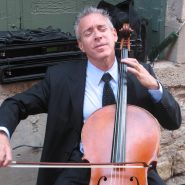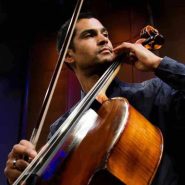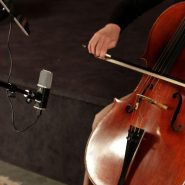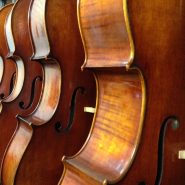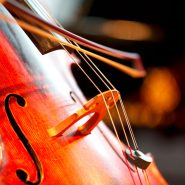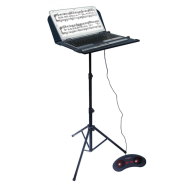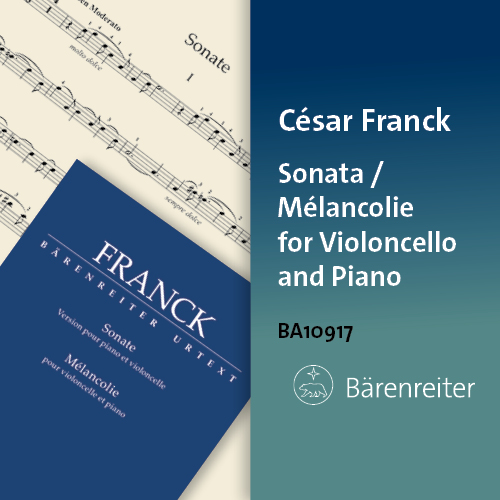Tag: rehearsals
By Martha Baldwin January 27, 2013
Subjects Orchestra
Tags Baldwin, cello, cellobello, challenges, chamber music, choices, Cleveland Institute of Music, Cleveland Orchestra, colleagues, concert halls, concerts, direction, establish a career, family time, focus, happiness, inspiration, lifestyle, Martha, mom-friendly schedule, money, musical talents, orchestra, orchestral jobs, personal ideas, predictability, rehearsals, routine, short attention span, social outlets, soloist, stability, status, Teaching, Touring, Travel, variety, working full time
By Mark Summer October 4, 2012
Subjects Artistic Vision
By Jeffrey Zeigler February 27, 2012
By Aron Zelkowicz January 19, 2012
Subjects Chamber Music
By Yeesun Kim October 7, 2011
Subjects Chamber Music, Repertoire
Tags ability, articulations, cello, cellobello, challenges, character, composers, confidence, creativity, dynamics, familiar, Kim, music, rehearsals, Rhythm, soundscapes, structure, unique, virtuosity, Yeesun
By Aron Zelkowicz September 23, 2011
Subjects Repertoire
By Aron Zelkowicz August 12, 2011
Subjects Chamber Music
By Lev Mamuya June 20, 2011
Subjects Pre-College
Tags cello, cellobello, classical music, conservatory, festivals, freedom, lessons, Lev, Mamuya, music, passion, practice habits, rehearsals, stress, Summer
By Alisa Weilerstein April 22, 2011
Subjects Artistic Vision, Travel
By Yeesun Kim March 15, 2011

